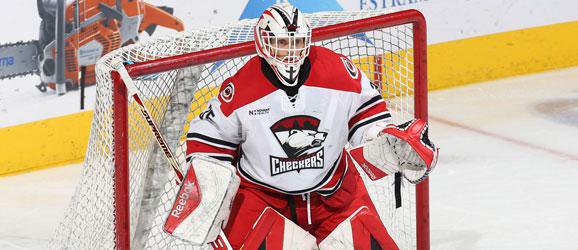

I had a chance to sit down and interview long time veteran goalie, Drew MacIntyre, who holds a spot inside the top 10 all time for career AHL wins at 235. He’s played for 15 different teams in his pro career and has seen action in 6 NHL games.
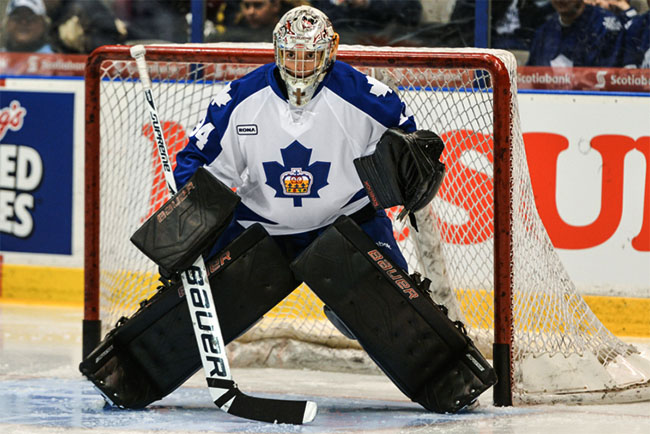
Eric Levine: You’ve played professional hockey for a long time now, 13 years to be exact, with no signs of slowing down. What is it that keeps pulling you in season after season?
Drew MacIntyre: I feel blessed to say my job is doing something that I love so much. I couldn’t think of another profession that I would enjoy more than this. I still have a love affair with the game and truly enjoy getting better and working day in and day out, which is what’s required of a high level goaltender. My season literally just ended and I already can not wait for next season to begin. I just signed a contract to play in the DEL 1 over in Germany, for the Hamburg Freezers, and I expect big things from myself next season. It will also be a great opportunity for my wife and 2 children to experience life in Germany. I think if you want to be a good goalie and constantly improve, you really need to be enthusiastic about the position and the game, and I’m fortunate to be surrounded by people that believe in me and are willing to sacrifice for my success.
EL: Dating back to your first professional season with Toledo in 03/04, what advice would 2016 Drew give to that young goalie, knowing all that you do now?
DM: That’s simple: Relax! I was a good goalie then, but it took me a while to find a consistent approach. I would put a lot of extra pressure on myself to the point where it made the game not as fun as it should be.
EL: Staying on the nostalgia train, you’ve been a goaltender through many different “eras” of the position, how have you adapted your game over the years to stay competitive?
DM: I’m remarkably lucky to have worked with and learned from some of the most well respected goalie coaches in the game. I guess that’s one good thing about playing on so many different teams!! Just to highlight a few:
Stephane Waite (now with the Montreal Canadians, NHL) was with me throughout my junior career [Sherbrooke, QMJHL], and he showed me pretty much everything that I use today, he was great with the technical side of the game. I owe a lot to him.
Rick St.Croix (Manitoba Moose, AHL) taught me a lot about always leading with your eyes before your movements. Though it sounds simple, it’s something that has stuck with me and I now regard that as a strength to my game. It’s part of the reason why I’m able to stay ahead of the play and see the it develop.
Pierre Groulx (Portland Pirates, AHL) taught me about playing and presenting myself bigger than my physical size. Even though I’m not 6’5, he taught me little things that make me look bigger to the puck. I’m thankful to have realized that because it can be intimidating seeing these monsters in the net nowadays. Ultimately you can be an undersized goalie and play big, it’s all about how you present yourself.
Piero Greco (Toronto Marlies, AHL) taught me about smart depth; you don’t always have to be at the top of your crease, it’s about where the play is and how it’s developing. He helped me think the game. Smaller guys believe you always have to be as far out as possible to cut down the angle, but I’m glad I got to learn from Piero about adjusting based on the situation.
Jean Ian Filiatrault (San Antonio Rampage, AHL) taught me about using my posts as an anchor, which has kept me more in control and not covering unnecessary space.
EL: Playing in the AHL and signing free agent contracts presents a unique opportunity in that you’ve been goalie partners with some guys that have gone on to be NHL All Stars. Who are some of those goalies and what did you notice during your time together that made them so successful?
DM: Yes, I’ve found myself in the mentor role to a top prospect a few times. Jimmy Howard, Cory Schneider, Mark Dekanich, Robert Mayer, Garret Sparks and Chris Gibson are the ones who come to mind. They were all great guys and most saw NHL time, but the one guy that sticks out is Cory Schneider. He had a really tough start to his season, which was his first as a professional (He was 7-9, 3.04 GAA, .888 SV% through Jan), but he stayed at it with a very positive approach and turned things around in a major way (finished the season with a 21-12 record, 2.28 GAA, .916 SV%). The rest they say, is history.
EL: You’ve made 12,846 professional saves (WOW!). That must take a toll on your body, especially your hips and knees. How have you maintained flexibility, strength and balance over all that time on the ice?
DM: I missed almost my entire first pro season with injury and it was a huge wake up call to get my body into the shape it really needed to be in. Learning from that experience, I am now very methodical about my off ice conditioning. I do a lot of stretching, yoga, squash, but most of all I try to be in the gym a lot and to stick to a routine that I know works for me.
EL: Speaking of saves, you made one of the most unique and athletic glove saves in goaltending history. I remember watching the highlights about a hundred times that week on TV a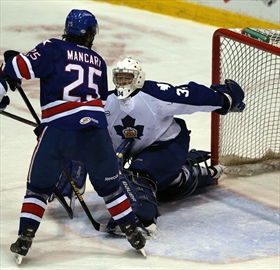 nd my jaw dropped every time. Take us through that save and why it’s so important to battle for every puck, regardless of how you look sometimes.
nd my jaw dropped every time. Take us through that save and why it’s so important to battle for every puck, regardless of how you look sometimes.
DM: The thing I like most about that save (Click here to watch) is that it was in the playoffs and a tie game at the time. I think that save just shows that if you battle in practice and try to stop EVERY shot then you become a creature of habit. I’m not saying I did that save all the time, but I had done it once or twice before, and I guess muscle memory took over. Part of the reason that save got so much attention is that it happened in Toronto, hockey capital of the world, but it’s something I can certainly look back on and smile about. In case you’re wondering, we won that game!
EL: I’m sure you could write a book about this, but give us your definition of a mentally strong goalie.
DM: Yes I could and I’ll give you a free copy to give away at your camp if it ever gets printed! I think a mentally strong goalie is someone who doesn’t get too high or too low. It takes a lot of work and effort to be consistent, it doesn’t just happen. From what I have experienced and seen along my journey, a goalie who is a good teammate and doesn’t take all the credit for themselves stays at an even keel. They become more reliable to teammates and coaches and tends to handle the ups and down more successfully. To me, that’s mental toughness.
Before we wrap things up, everybody at Midwest Goalie School really appreciates you taking time to pass along some of your knowledge and give us great insight into your game. We’ll finish with a rapid fire segment.
10 questions with Drew
Favorite pre game meal
Steak
Favorite band
Florence and the machine
Favorite helmet worn
Toronto Marlies. Simple-old school
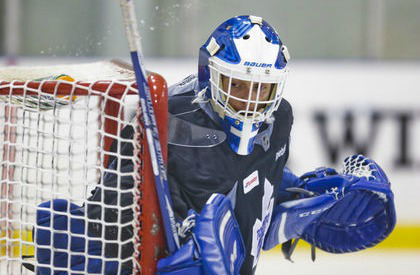
Funniest teammate you’ve played with
Greg Scot
Lease favorite place to get hit with the puck
Ribs
Favorite city you’ve lived in
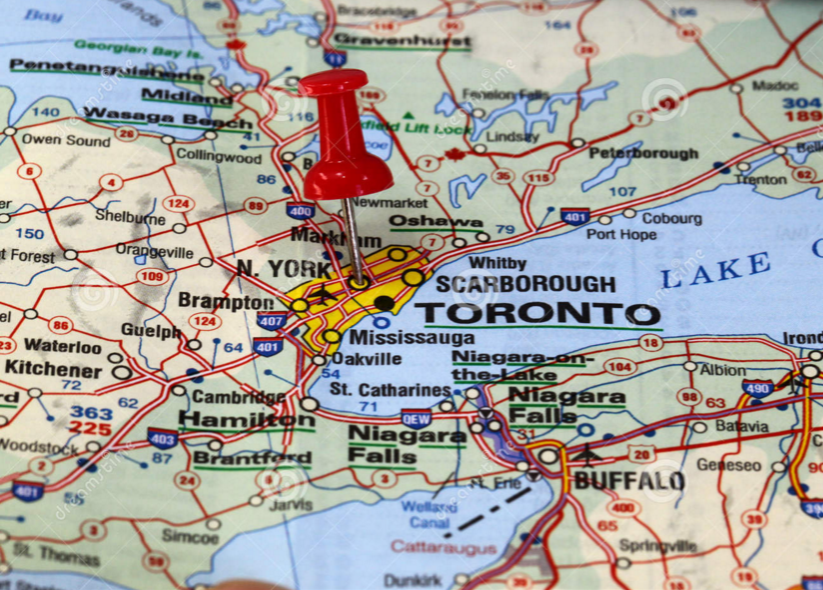
Ever come close to scoring a goal?
I actually scored an overtime goal with the Manitoba Moose playing against the Chicago Wolves. It nicked off my skate and then their player put it into his own empty net on a delayed penalty. Great memory!
Coolest thing you bought with your first big contract
House
Any superstitions when putting on your gear?
Lots of superstitions but you can’t talk about your superstitions can you…
Favorite hockey memory
First NHL game
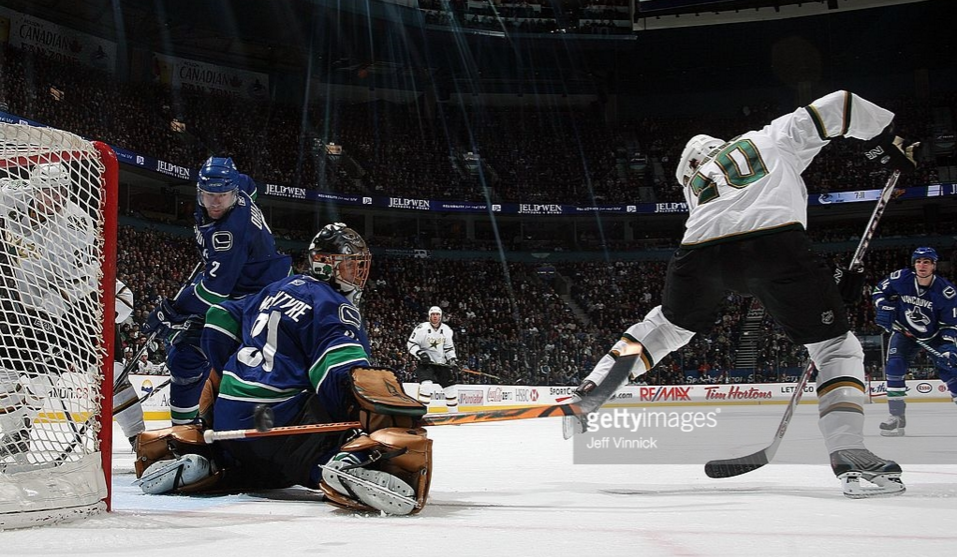
Drew MacIntyre, Jan 29, 2008 vs Dallas. First NHL Game. credit getty images, Jeff Vinnick
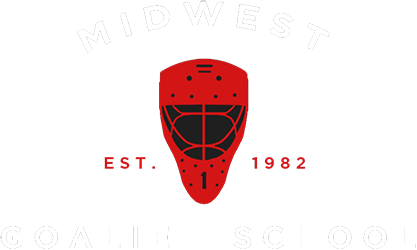

1 Comment. Leave new
Great interview, thanks Drew, for insights. Especially like the comment “relax” (I can use it in golf, ha!) Our 11 year old 1st year PeeWee was under a lot of off ice drama last year from 4-5 teammate clique. He couldn’t relax much. He’s playing for a different team for spring and appears more confident and relaxed. I’ll keep reinforcing your advice in future.